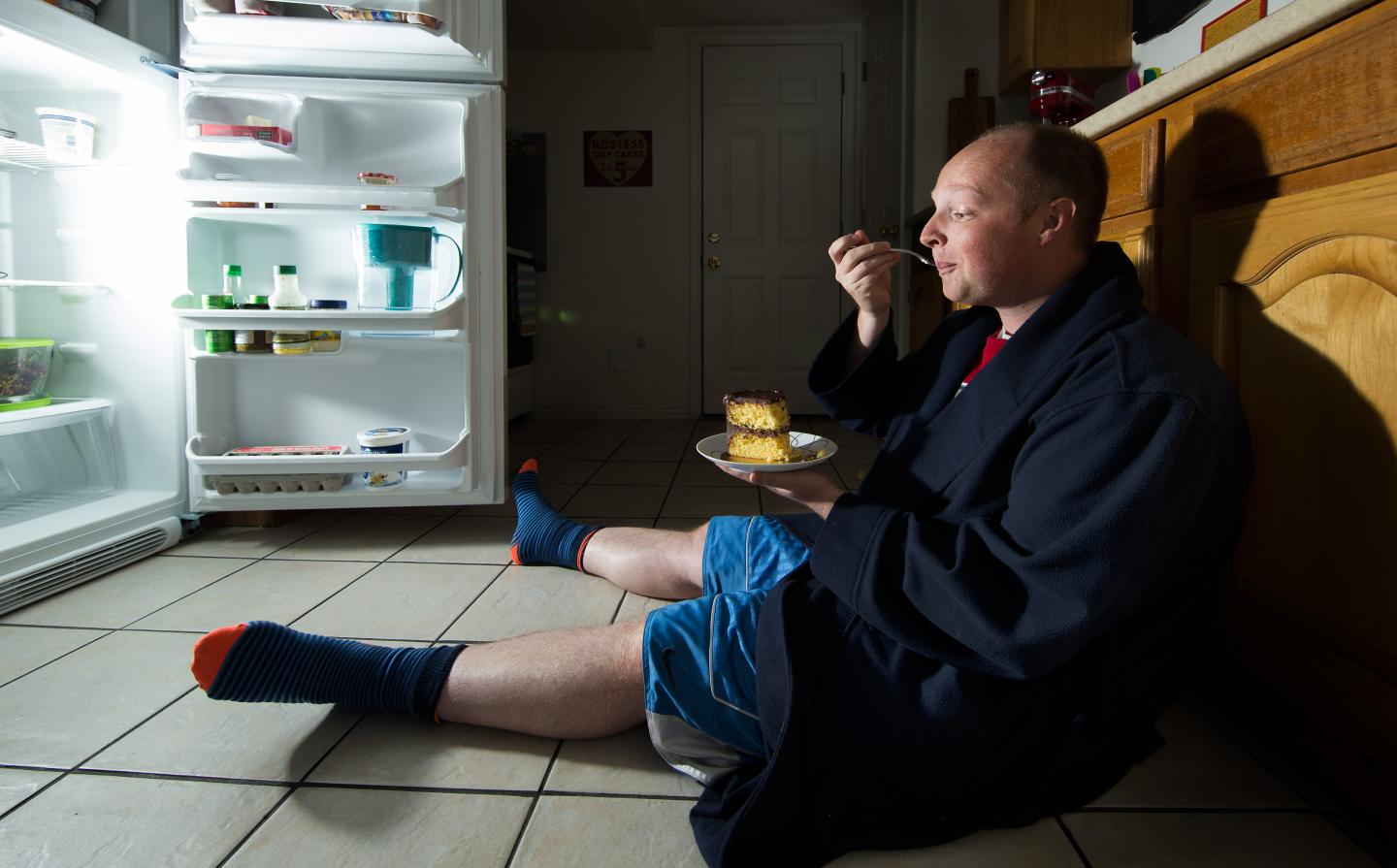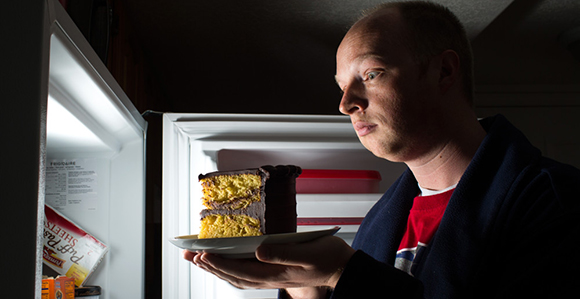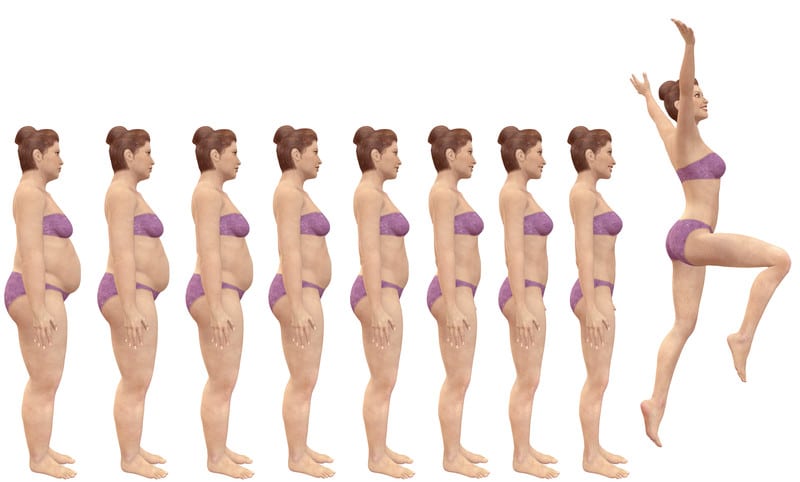Introduction
Need to curb your late night snacking? Straight, No Chaser contributor Sandra Gultry returns with tips to help you!

Tips to Curb Your Late Night Snacking
After-dinner and before-bedtime snacking when not hungry results in consuming unneeded calories. Often this is just a behavior caused by boredom, stress or fatigue. Try these tips to banish evening cravings and curb after-dinner, late night snacking.
End Mealtime Madness
Spend a little time planning ahead and grocery shopping for nutritious meals, including breakfast, and snacks throughout the week. When you eat a variety of foods throughout the day, guided by your hunger and fullness, you’re less likely to overeat at night. Eating balanced meals and snacks throughout the day provides your body with a steady source of energy to fuel daily activities. It also maintains blood sugar levels and ensures greater intake of nutrients that are important for your health.
Boost Protein and Load up on Fiber
Protein is generally lacking at breakfast. Far too many people skip breakfast altogether. Note: A “coffee and fruit combo platter” is not breakfast….
How about this? Eat a breakfast consisting of oatmeal with a cup of low-fat or fat-free milk, adding a small handful of nuts and fruit. This provides adequate protein. At lunch, include a couple of tablespoons of peanut butter, a small can of tuna fish, one-half a cup of black beans or a 4-ounce salmon filet. This will also help push up your protein. At dinner, most people get too much protein. Your portion sizes of popular protein sources are too big! Go for recommended serving sizes, such as a 3-ounce chicken breast or a 3-ounce lean top sirloin steak.
Dietary fiber also helps us feel full. It also provides the benefit of being protective of intestinal and heart health. Find fiber in whole grains, legumes such as beans and lentils, vegetables, fruits, nuts and seeds. The Institute of Medicine recommends women strive for 25 grams of dietary fiber each day, while men should get 38 grams.

Get Sleep
Research shows that sleep deprivation can impair glucose metabolism. It can also affect hormones linked to hunger, appetite and body weight regulation. We often confuse hunger and tiredness, especially at night. If you’re tempted to keep snacking after a balanced dinner, your body may be signaling that it needs rest. Adults should strive for 7 to 9 hours of sleep every night. YES, it’s possible with a lifestyle makeover.
Turn off the Screen before You Pick up Your Fork
Screen time has been linked to mindless eating and increased food intake. Eating in front of the TV while playing video games or surfing the Internet can distract attention from what and how much is eaten. Also, it reduces satiety signals sent to the brain and lessens memories of snacking. It also can reduce the enjoyment and mindfulness of your meal.
Avoid these types of distractions during mealtime. Sit down at a table to eat so you can focus on your food and practice mindfulness. Our grandparents had this right! You may feel a greater satisfaction with your food and notice satiety cues that are otherwise missed when you’re distracted.
Still Starving after Dinner?
People often eat out of boredom, because of stress, or just out of habit. You should be eating because of true hunger. Consider asking yourself the following questions before eating: Am I hungry? Thirsty? Tired? Bored? Sad?
If you ate a balanced dinner, go for lighter snacks. If you’re still hungry after dinner and have ruled out other factors, it’s ok to have a small snack – but go for nutritious options. This takes skill and time to develop this strategy. Opt for something with protein or fiber with a healthy carb to provide satiety and nutrients. Good choices are Greek yogurt, fruits, nuts, veggies with hummus and air-popped popcorn. If you’re craving sweets, keep your portion small, and eat slowly and without distractions.

Sandra Gultry is a Registered Dietitian Nutritionist, specializing in nutrition & weight loss. She helps people who are suffering with losing weight and with the impact weight has on health, self-esteem, well-being and overall life. She can be reached here. Thank you, Sandra!
Optimal Nutrition and Behavior Change is a skill that anyone can learn with qualified structure and guidance!
Follow us!
Ask your SMA expert consultant any questions you may have on this topic. Also, take the #72HoursChallenge, and join the community. Additionally, as a thank you, we’re offering you a complimentary 30-day membership at www.72hourslife.com. Just use the code #NoChaser, and yes, it’s ok if you share!
Order your copy of Dr. Sterling’s books There are 72 Hours in a Day: Using Efficiency to Better Enjoy Every Part of Your Life and The 72 Hours in a Day Workbook: The Journey to The 72 Hours Life in 72 Days at Amazon or at www.jeffreysterlingbooks.com. Another free benefit to our readers is introductory pricing with multiple orders and bundles!
Thanks for liking and following Straight, No Chaser! This public service provides a sample of http://www.SterlingMedicalAdvice.com (SMA) and 844-SMA-TALK. Likewise, please share our page with your friends on WordPress! Also like us on Facebook @ SterlingMedicalAdvice.com! Follow us on Twitter at @asksterlingmd.
Copyright ©2013- 2019 · Sterling Initiatives, LLC · Powered by WordPress


























